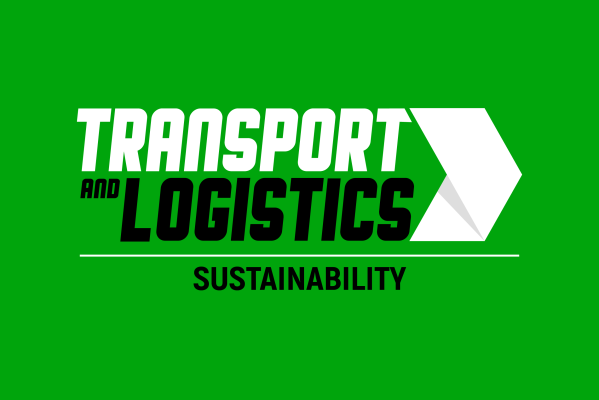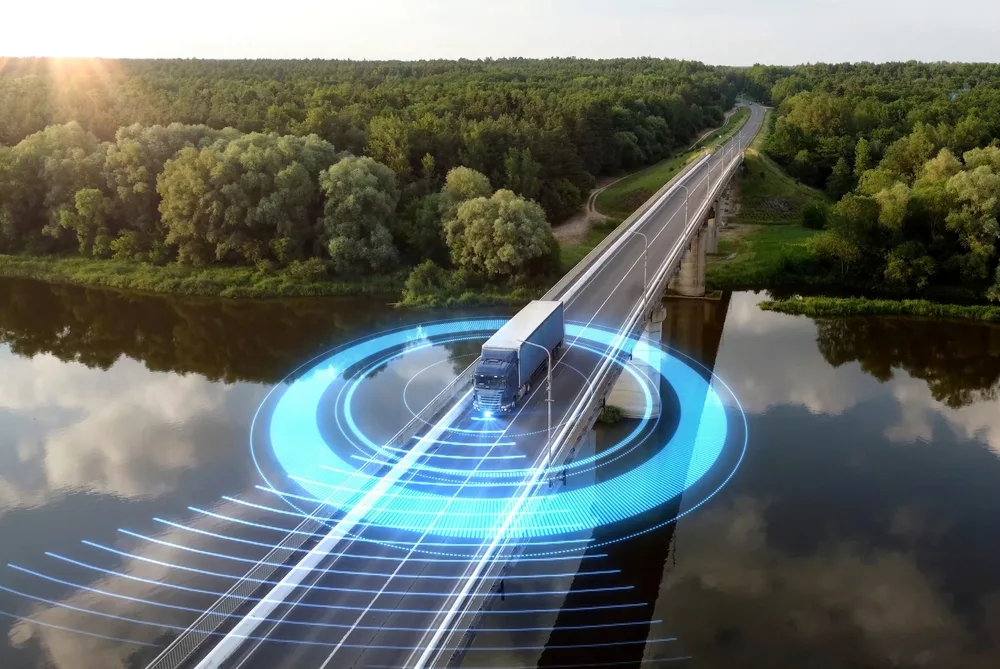With the first ever driverless lorries looking to hit the roads next year the vehicle revolution is something that looks to be popular with haulage companies.
According to insurance provider AXA, it is estimated that autonomous trucks will save the UK haulage industry £33billion over the next 10 years.
The savings will come from an improved use of resources and overcoming any staff issues such as absenteeism and illness.
While the driverless utopia sounds appealing for the industry, Poole firm ETS Trucks is still determined not to lose its human element.
According to managing director Colin Gale (inset) there will always be aspects that automation will never surpass.
“The human element will never go away,” said Mr Gale, whose company is based at Nuffield Industrial Estate.
“There will always be problems when it comes to access and exit from local roads, which will include arrival and departure as well as congested spaces.
“For example the journey from Poole to the M27 is always busy.
“This is one of the main reasons why human control will always be here.
“It is common knowledge that UK motorways are probably the most congested in Europe and fellow motorists will be very nervous of driverless lorries and will naturally need complete reassurance.”
The driverless trucks work via wireless communication and camera systems and tests have already been carried out with a convoy of trucks.
The front trucks use lane-sensing technology to remain within the lines, while others follow.
Each lorry will still carry a driver who will take control of the wheel when leaving the motorway.
“I don’t think any owner would be, at the moment, 100 per cent confident handing a valuable vehicle with a heavy load over to automation,” added Mr Gale.
“Any road presents hazards and decisions where human instinct prevails.”
Fellow Poole-based firm Siemens is involved in the project which could see driverless vehicles trialled on British roads as early as next year.
The traffic systems specialist is part of a consortium which aims to create one of the most advanced environments for connected and autonomous vehicles (CAV) in the UK.
The project aims to enable companies to try connected vehicle technologies in real-life conditions on 40 miles of roads in Coventry and Warwickshire.
Siemens will develop, supply and install roadside units which will communicate with the vehicles and the traffic infrastructure.












